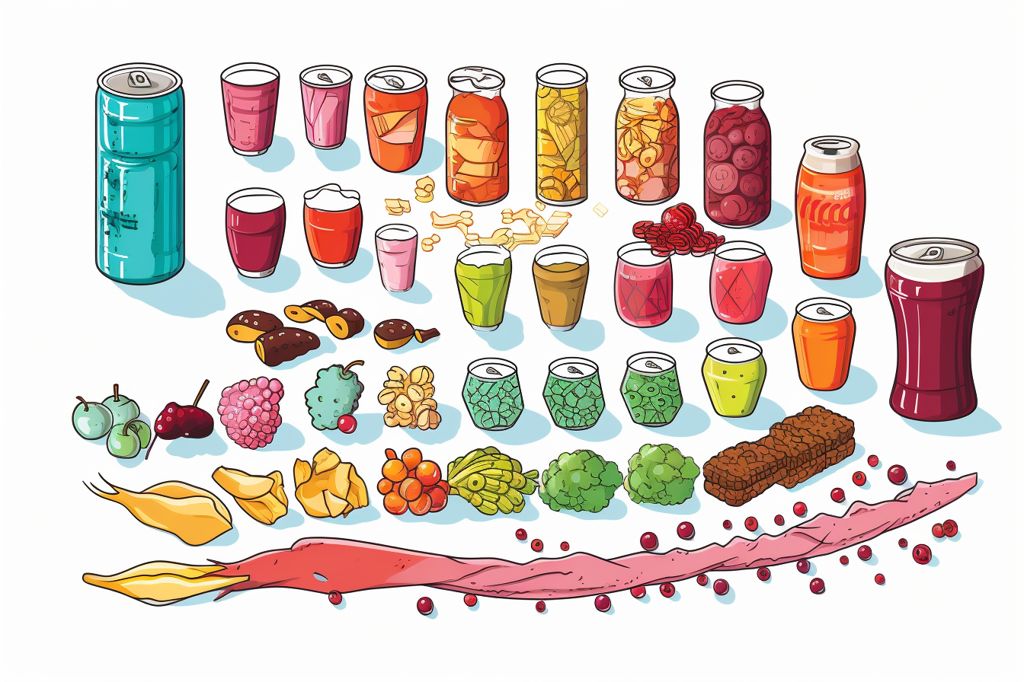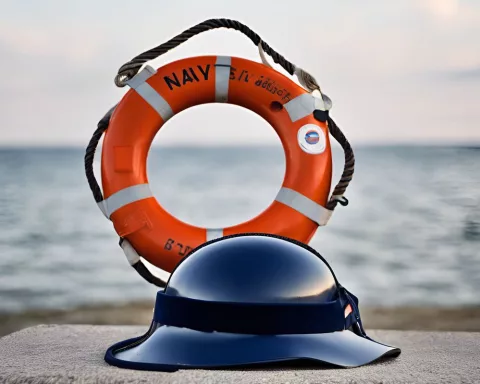The International Agency for Research on Cancer (IARC), a subsidiary of the World Health Organization (WHO), is reportedly preparing to classify aspartame, an artificial sweetener, as “possibly carcinogenic to humans.”
Aspartame and its uses
Aspartame is 200 times sweeter than sugar and is a common ingredient in low-calorie and diet products, including beverages, ice creams, chewing gums, confectionery, sauces, and snacks. The US Food and Drug Administration (FDA) first approved aspartame for use in 1974.
Health concerns and regulations
Aspartame has been associated with various health conditions, including cancer, multiple sclerosis, blindness, seizures, memory loss, depression, anxiety, birth defects, and death. However, numerous evaluations by organizations such as the WHO, FDA, and European Food Safety Authority (EFSA) have found no evidence to support these claims. As of now, regulators agree that it is safe for a person to consume 40mg of aspartame per kilogram of their body weight daily.
Reevaluation by WHO agencies
This year, two WHO agencies, the IARC and the Joint FAO/WHO Expert Committee on Food Additives (JECFA), have reevaluated aspartame. The IARC focuses on hazard, while the JECFA evaluates risk.
IARC’s investigation
The IARC’s role is to investigate potential causes of cancer and identify hazards. Aspartame is expected to be placed in Group 2B, which includes substances such as aloe vera leaves, electromagnetic radiation, the heart medication digoxin, and engine exhaust fumes. For each of these hazards, there is limited data suggesting a potential link to cancer, but no conclusive evidence.
JECFA’s assessment
The JECFA’s task is to assess risk and make recommendations for acceptable daily intake. Its assessment will also be published on July 14, but it is unclear what it will say. The acceptable daily intake may remain at 40mg per kilogram of body weight, or it could be reduced. It is impossible to predict without having access to the data.
Previous safety review by EFSA
The last review of aspartame’s safety was conducted by the EFSA in 2013. This review found no new evidence linking aspartame to cancer and corroborated previous reviews by other regulators.
French study on aspartame consumption
A French study conducted in the interim gathered participants’ dietary information and followed them for several years. The study suggested that high aspartame consumption increases cancer risk. However, interpreting the results is difficult, as obesity is an independent risk factor for cancer, and people who are obese often use sweeteners. It is also challenging to accurately estimate aspartame intake based solely on dietary data.
Until the JECFA’s assessment is published, there is no cause for concern. Aspartame has undergone extensive scrutiny, and the classification of “possibly carcinogenic” suggests that any major changes in assessment or implications for consumers are unlikely.












